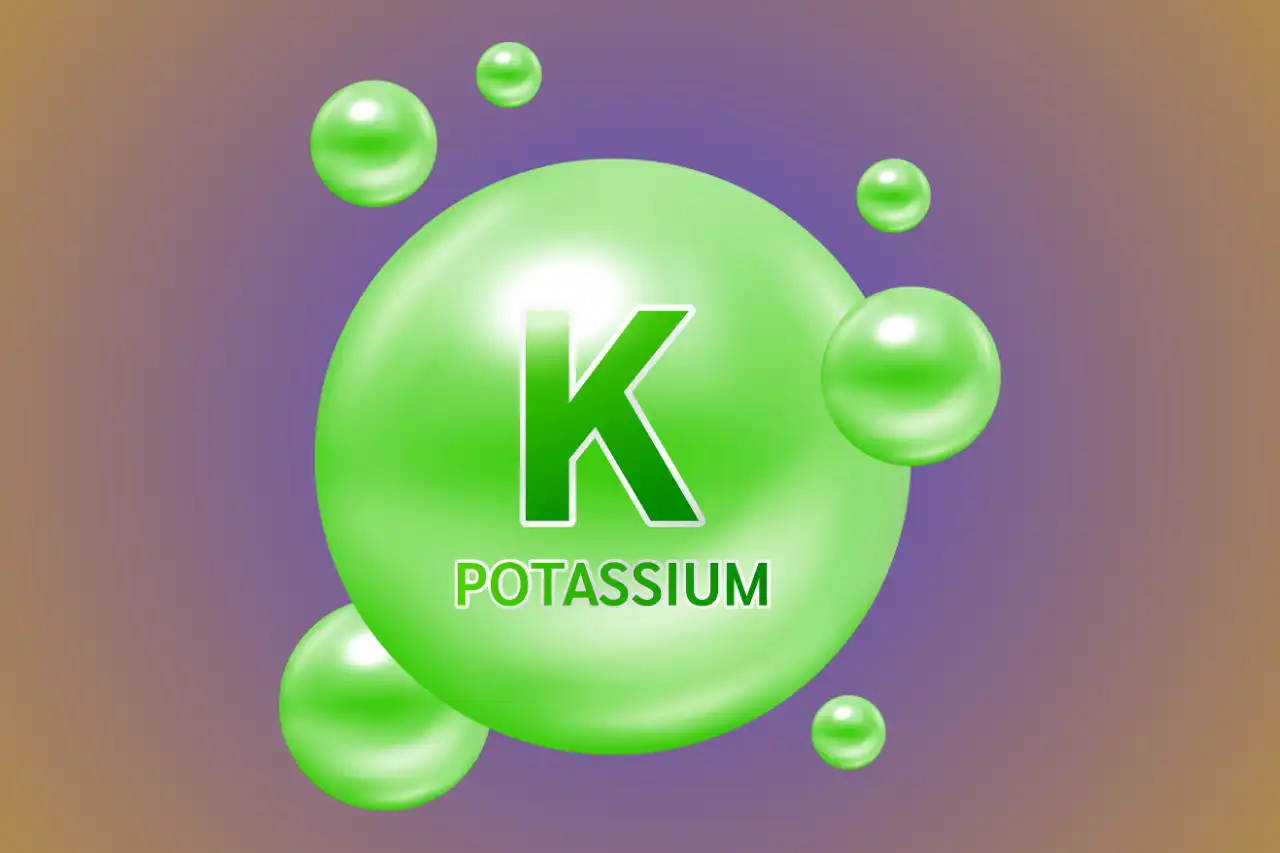-: COPPER :-
COPPER – THE VITAL TRANCE MINERAL FOR OVERALL HEALTH…!!!
Copper is an essential trace mineral that plays a critical role in maintaining various bodily functions. It is a key component of many enzymes, contributing to energy production, iron metabolism, immune function, and brain health. Though required in small amounts, copper is indispensable for sustaining optimal health.
Daily Requirements
Men
- Teens (14-18 years) – 890 mcg per day.
- Adults 18+ years – 900 mcg per day.
Women
- Pregnant Women – 1,000 mcg per day.
- Lactating Mother – 1,300 per day.
Children
- Infant (0-12 months) :- (200 -220 mcg) per day.
- Children (1-8 years) :- (340 -440 mcg) per day.
- Children (9-13 years) :- 700 mcg per day.
Function on different Organ
- Blood and Circulatory System
Details
Copper is essential for the absorption, storage, and utilization of iron in the body. It aids in the production of red blood cells (RBCs) by facilitating iron transport. Proper copper levels help prevent iron-deficiency anemia by improving iron absorption and hemoglobin production.
- Brain and nerve
Details
Copper is vital for the synthesis and upkeep of the myelin sheath, which insulates and protects nerve fibers. It plays a critical role in early brain development and the formation of neural connections. Copper levels are linked to better memory, learning, and overall brain function.
- Liver
Details
The liver is central to copper metabolism, indirectly supporting immune function and inflammation control by regulating copper availability in the body. Copper promotes the production of white blood cells (WBCs), which are essential for defending the body against pathogens.
It helps reduce inflammation by neutralizing free radicals and reducing the risk of autoimmune disorders.
- Skin and Connective Tissue
Details
It is involved in the production of elastin, a protein that keeps blood vessels flexible and healthy. Copper helps maintain normal blood pressure by supporting the proper dilation and contraction of blood vessels. It also plays a pivotal role to reduce the risk of heart diseases by minimizing oxidative stress and improving cholesterol metabolism.
- Bone health
Details
Copper is essential for the synthesis of lysyl oxidase, an enzyme required for collagen and elastin cross-linking. These proteins provide structural strength to bones and connective tissue.
It also helps to maintain bone mineral density, reducing the risk of osteoporosis and bone fractures. Copper also involves tissue regeneration, thus helping to repair micro-damage in bones caused by daily wear and tear.
Symptoms incase of Deficiency
Copper deficiency, although rare, can lead to several health issues, such as:-
- Anemia.
- Fatigue and Weakness.
- Frequent Infections.
- Brittle Bones (Osteoporosis).
- Neurological Issues such as difficulty in walking, numbness, and poor coordination.
- Pale Skin and Premature Graying.
- Menkes disease(rare, X-linked, recessive disorder of copper homeostasis).
- Celiac disease associated with the small intestine.
Diagnosis
- Serum Copper Test
Details
Serum Copper Test measures overall copper levels in the blood.
- Ceruloplasmin Test
Details
Ceruloplasmin Test measures the amount of copper-containing protein in the blood.
- 24-Hour Urine Copper Test
Details
24-Hour Urine Copper Test evaluates how much copper is excreted in urine.
These tests help diagnose deficiency-related issues like fatigue, nerve damage, and heart problems.
Food Sources
Veg Sources
- Nuts and Seeds
- Almonds.
- Cashews.
- Walnuts.
- Sunflower seeds.
- Legumes
- Lentils.
- Chickpeas.
- Beans.
- Whole Grains
- Quinoa.
- Oats.
- Millets.
- Whole wheat.
- Vegetables
- Mushrooms.
- Spinach.
- Potatoes.
- Sweet potatoes.
- Spirulina.
- Shiitake Mushrooms.
- Fruits
- Avocados.
- Apricots.
- Figs.
- Dark chocolate.
- Others
- Tofu.
Non-Veg Sources
- Fish
- Salmon.
- Tuna.
- Meats
- Poultry and Red Meat.
- Liver (especially beef and lamb liver).
- Seafood
- Oysters.
- Lobster.
- Shellfish.
- Crab.
What if Overconsumption
While copper is essential, too much can be toxic. Overconsumption may lead to:-
- Nausea and Vomiting.
- Abdominal Pain and Diarrhea.
- Liver Damage.
- Neurological Issues such as headaches, dizziness, and mental confusion.
- Wilson’s Disease: A genetic disorder where copper builds up in organs.
Copper may be a small trace mineral, but its impact on health is vast. From forming red blood cells to supporting brain function and boosting immunity, copper plays a pivotal role in keeping the body running smoothly. As with most nutrients, moderation is the key — maintaining the right balance helps copper to shine as a cornerstone of good health.












